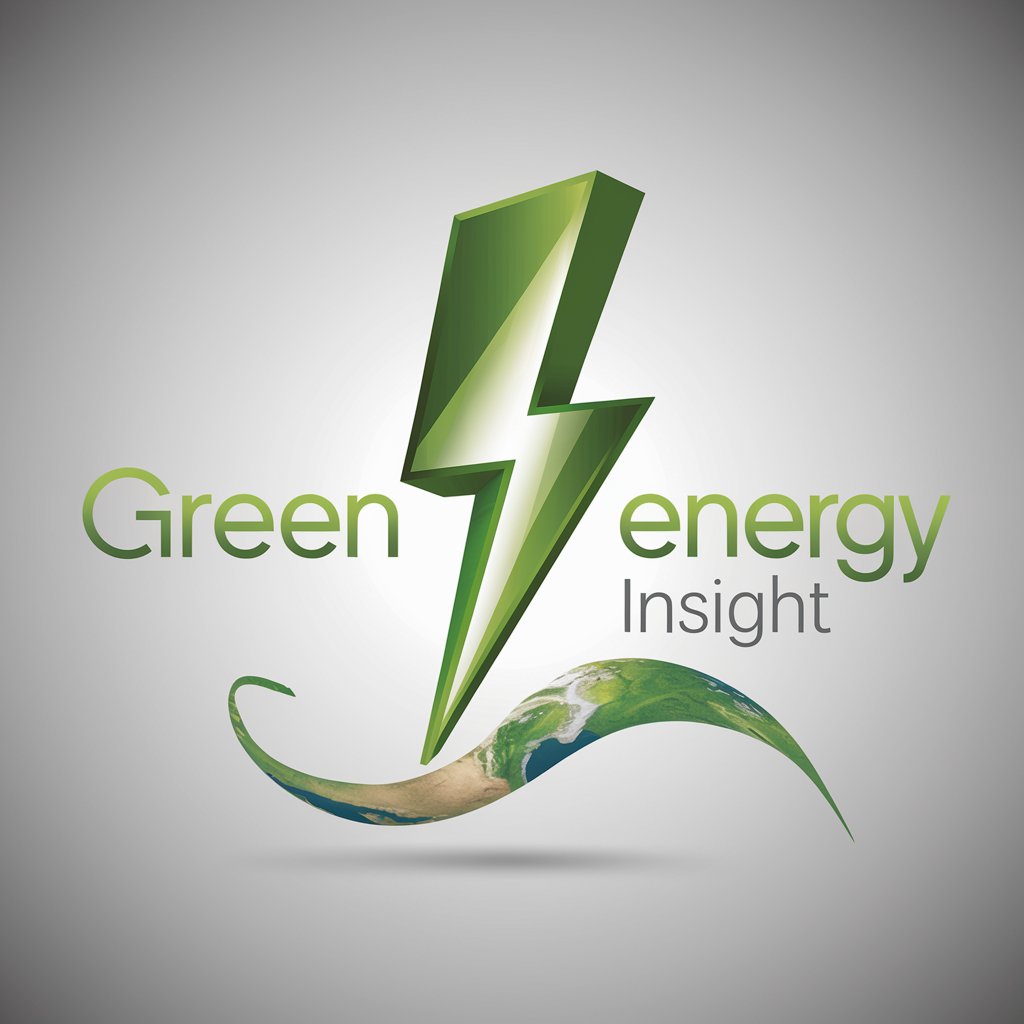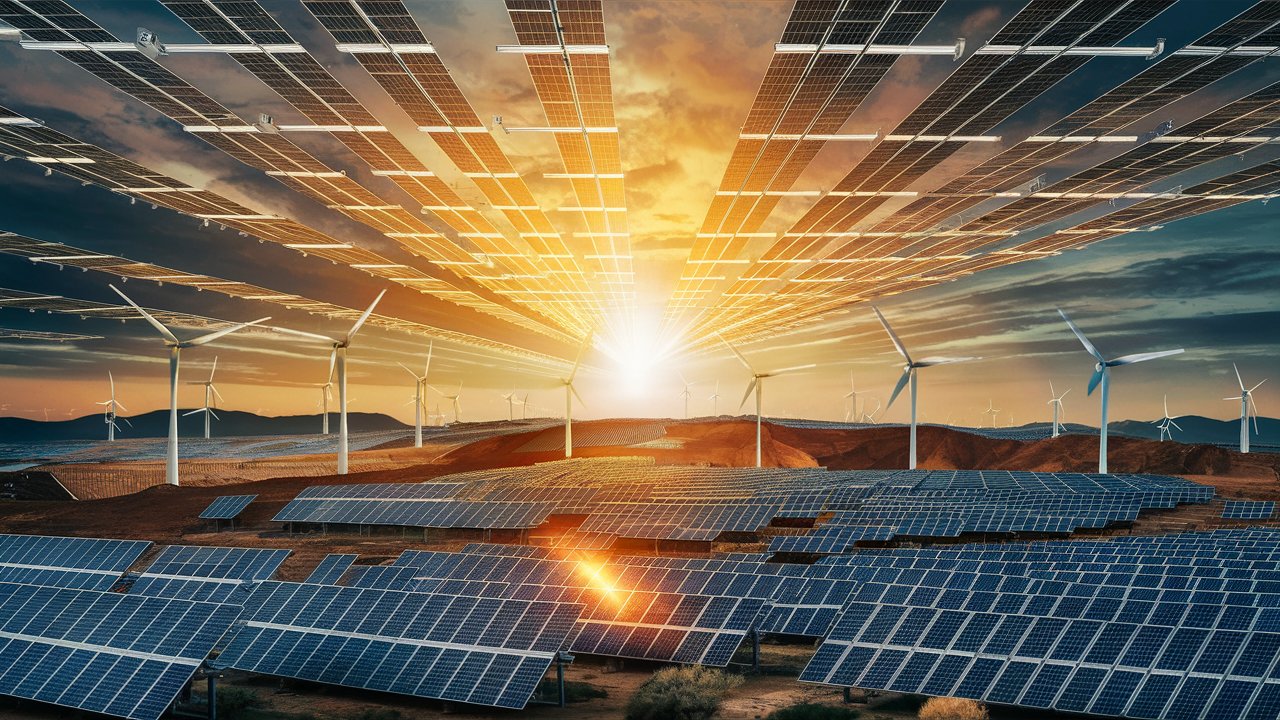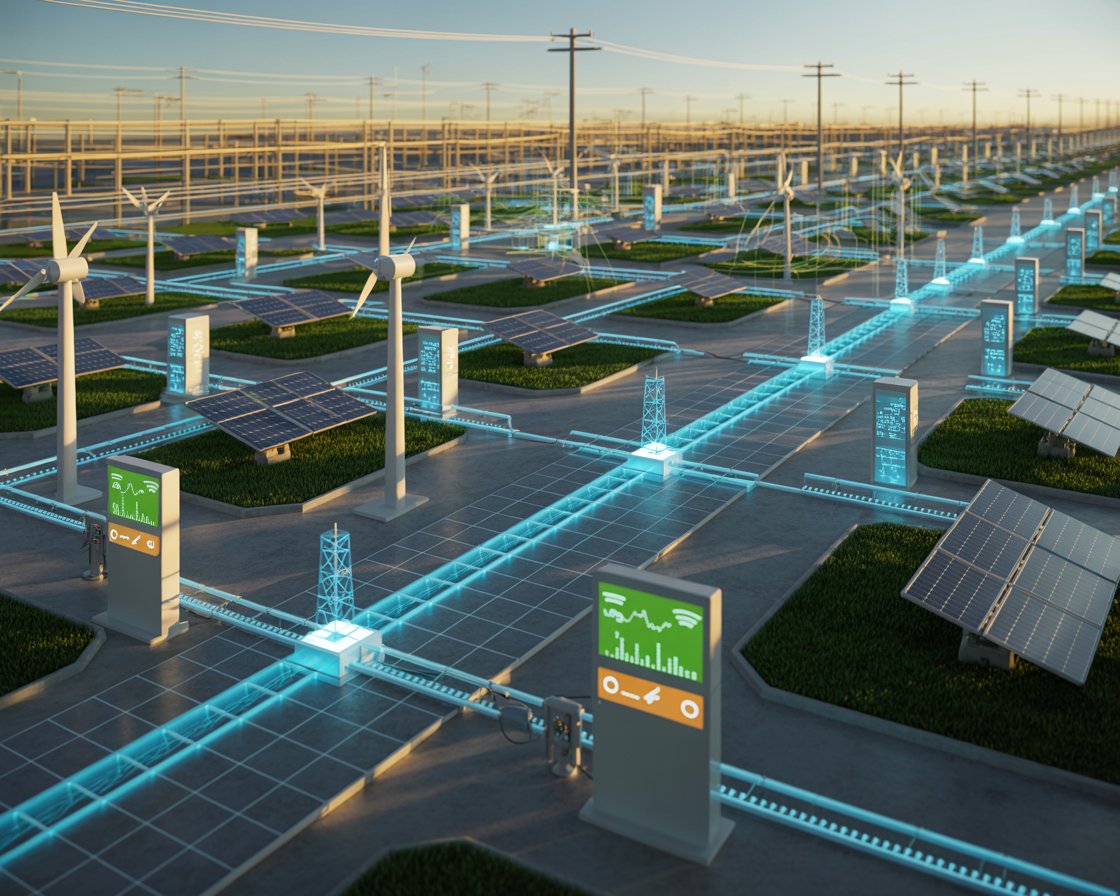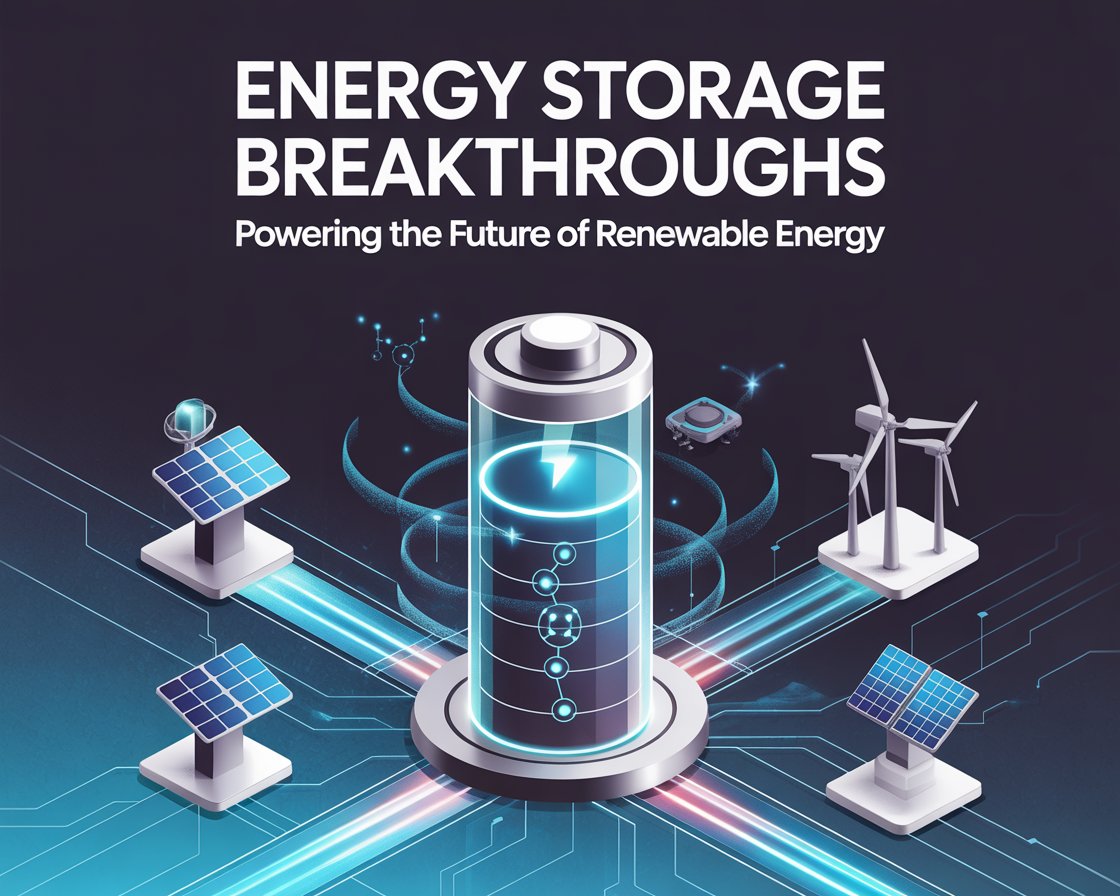As the world moves toward more environmentally friendly energy sources, the topic of Solar Energy Reliability is becoming more important. Solar power systems are becoming more popular, and many people want to know how trustworthy they are.
This piece talks about what makes solar energy reliable and what its benefits are, and it answers some questions that people often have about how reliable solar power is.
What is Solar Energy Reliability?
Defining Solar Energy Reliability
Solar energy reliability refers to how consistently and reliably solar power systems make electricity.
This includes how well the system works in different types of weather, how long it lasts, and how well it meets long-term energy needs.
Importance of Solar Energy Reliability
Reliable solar energy systems are important for lowering energy costs, becoming less reliant on fossil fuels, and offering a long-term source of power.
People who want to invest in solar technology can make smart choices if they know how steady solar energy is.
Factors Affecting Solar Energy Reliability
1. Sunlight Availability
How Sunlight Impacts Reliability
The amount of energy a solar power system receives directly determines its reliability. Solar panels use sunlight to make electricity.
Because of this, solar power systems tend to work better in places with consistent and abundant sunlight.
Mitigating Variability
We can make solar power sources function even when the sun isn’t shining. For instance, we can position solar cells at optimal angles and spots to maximize sunlight.
Using both solar power and energy storage can also help make sure there is a steady flow of electricity.
2. Weather Conditions
Effect of Weather on Solar Power
Weather conditions such as clouds, rain, and snow can make solar energy less reliable. On cloudy or rainy days, solar panels make less energy, and in the winter, snow may cover them, making them less useful.
Solutions for Weather Challenges
To make solar power systems more reliable in all kinds of weather, they can be paired with battery storage to keep extra energy made when it’s sunny.
Also, improvements in the science behind solar panels make them work better when there isn’t much light.
3. System Maintenance
Importance of Regular Maintenance
Regular servicing is necessary to ensure the optimal performance of solar energy systems.
Over time, dust, debris, and other things can make solar cells less effective. Cleaning and checking things regularly can help keep them running at their best.
Maintenance Tips
- Regular Cleaning: Clean solar panels periodically to remove dirt and debris.
- Inspections: Have a professional inspect the system annually to check for any issues.
- Component Checks: Ensure all system components, such as inverters and batteries, are functioning correctly.
4. Quality of Components
Impact of Component Quality
The quality of the parts that make up a solar energy system can also affect how reliable it is.
Solar panels, inverters, and batteries that are of higher quality are more likely to work reliably and last longer.
Choosing Quality Components
When choosing solar equipment, you should look at the name of the manufacturer, the warranty, and customer reviews.
Buying parts of higher quality can make your solar power system more reliable as a whole.
Benefits of Reliable Solar Energy Systems
1. Consistent Energy Supply
A solid solar energy system gives you a steady supply of electricity, so you don’t have to rely on the power grid as much and can still meet your energy needs when the power goes out.
2. Cost Savings
Over time, solar energy solutions that work well can save you a lot of money.
You can get incentives and tax credits and lower or eliminate your monthly energy bills if you make your power.
3. Environmental Impact
Solar energy is clean, renewable, and beneficial to the environment.
A solar power system that works well helps make the future of energy more sustainable.
FAQs
How stable is solar energy compared to other types of energy?
When used with energy storage systems and regular upkeep, solar energy can be as reliable as other types of energy. Even though solar power relies on sunlight, as technology and storage solutions improve, it becomes more reliable.
Can solar power systems work when it’s cloudy or raining outside?
Even when it’s cloudy or raining, solar energy systems can still make electricity, but not as efficiently. Battery storage systems can store extra energy generated when it’s sunny, so there’s always power even when there isn’t much sunshine.
In general, how long do solar panels last?
Most solar panels have 20–25-year warranties, and if maintained, they can last longer. Solar panels may lose some of their power over time, but they usually keep making electricity long after their guarantee period is over.
What kind of upkeep do solar energy systems need?
Solar energy sources don’t need much upkeep. Cleaning the solar panels regularly, having a professional review the system once a year, and checking system parts like inverters and batteries can help make sure that the system works well and is reliable.
Are there any reasons to put money into solar energy systems that work well?
Yes, a lot of places offer tax breaks and other benefits to people who buy solar energy systems. These incentives can help cover the beginning costs of installing reliable solar technology and get more people to use it. Ask your local government and utility services about options.





Leave a Reply